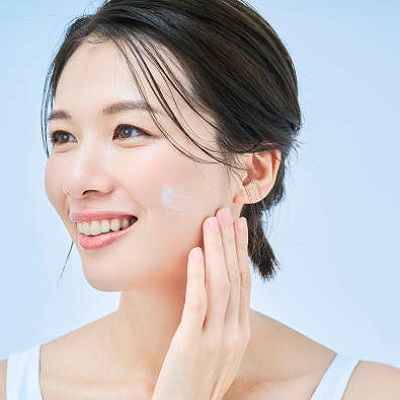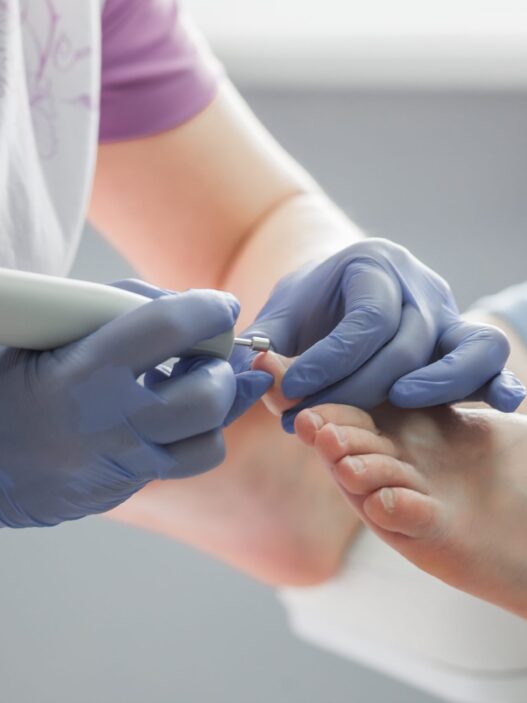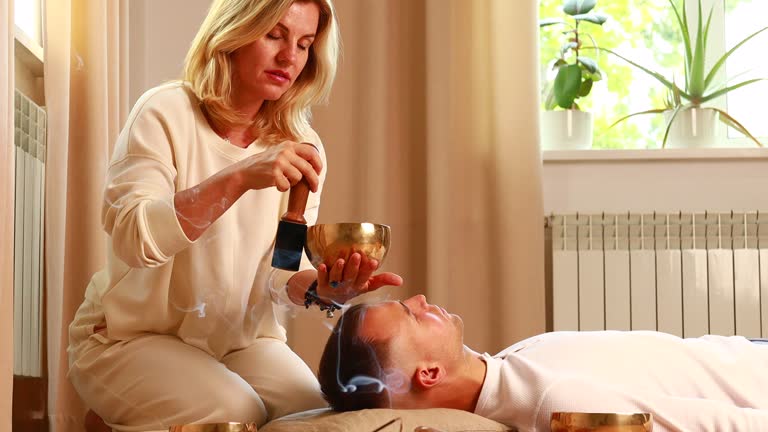Skin whitening treatments are a growing trend in Islamabad, as they are in many parts of South Asia, where fair skin is often associated with beauty, success, and social status. The demand for these treatments has risen dramatically over the years, with people seeking everything from topical creams to advanced dermatological procedures to achieve lighter and more even skin tones. However, while skin whitening procedures are widely available, it is essential to understand the different treatment options, their potential risks, and the cultural context that drives this desire for fairness. In this blog, we will explore the various skin whitening treatments available in Islamabad, discuss their benefits and potential risks, and examine the broader implications of this beauty trend.
The Cultural Preference for Fair Skin
In many cultures across South Asia, including Pakistan, fair skin has been a longstanding ideal, often linked to notions of beauty, wealth, and social privilege. This preference for fair skin is deeply embedded in local beauty standards, which are heavily influenced by media portrayals, advertising, and celebrity culture. In Islamabad, the capital city of Pakistan, the desire for lighter skin is prevalent across different age groups, genders, and social strata. This has led to an increasing number of people seeking skin whitening treatments to lighten their skin tone or address issues like hyperpigmentation, dark spots, and uneven skin texture.
The desire for fair skin is often linked to an aspiration to conform to beauty standards and societal expectations. However, it is important to recognize that beauty comes in all skin tones, and the pursuit of fair skin can sometimes have negative psychological and health impacts. Despite this, the growing demand for skin whitening solutions continues to drive the beauty industry in Islamabad.
Common Skin Whitening Treatments in Islamabad
Islamabad offers a wide range of skin whitening treatments, from over-the-counter products to more advanced clinical procedures. Below are some of the most common treatments available in the city:
1. Chemical Peels
Chemical peels are one of the most popular treatments for improving skin tone and achieving a lighter complexion. The process involves applying a chemical solution to the skin, which exfoliates the outer layer and stimulates the growth of new skin. This treatment helps to reduce dark spots, hyperpigmentation, acne scars, and sun damage, resulting in a brighter and more even skin tone.
Common types of chemical peels include glycolic acid, salicylic acid, and lactic acid peels. Each type has different strengths and is use to target specific skin concerns. While chemical peels are effective in lightening the skin, they can cause some side effects, such as redness, irritation, and increased sensitivity to sunlight. It is essential to follow the aftercare instructions provided by the dermatologist and protect the skin from direct sun exposure.
2. Laser Skin Whitening
Laser skin treatments are a highly effective way to achieve lighter skin by targeting the deeper layers of the skin. Popular laser treatments, such as Q-switched Nd
lasers and fractional CO2 lasers, are commonly used to lighten skin by breaking down melanin, the pigment responsible for skin color. These lasers specifically target areas of hyperpigmentation, dark spots, and uneven skin tone.
Laser treatments are typically non-invasive and offer quicker results compared to topical treatments like creams or serums. However, multiple sessions may be required to achieve the desired results, and the procedure can be expensive. There are also potential risks, including redness, swelling, or scarring if the laser is not applied properly. Therefore, it is essential to have laser treatments performed by a licensed and experienced dermatologist to ensure safety.
3. Glutathione Injections
This is a powerful antioxidant that has gained popularity as a skin-whitening agent. Glutathione injections are believe to reduce the production of melanin in the skin, leading to a lighter complexion. The injections are typically administered intravenously or intramuscularly and are marketed as a fast solution for skin whitening.
While some individuals report visible results from glutathione injections, there are concerns about their safety. Long-term use of glutathione injections can lead to liver and kidney damage, and the treatment is not FDA-approve in many countries. Additionally, glutathione injections may cause allergic reactions or other side effects, so it is important to seek medical advice before opting for this treatment.
4. Topical Skin Whitening Creams
Topical creams and serums are the most common and affordable option for people seeking lighter skin. These products typically contain ingredients like hydroquinone, kojic acid, niacinamide, vitamin C, and arbutin, all of which have skin-lightening properties. Many people use these creams to target dark spots, hyperpigmentation, and uneven skin tone.
While these products can be effective in lightening the skin, there are potential risks associate with their use. Hydroquinone, in particular, has been link to side effects such as skin irritation, thinning of the skin, and ochronosis (a condition where the skin darkens and thickens with prolonged use). As with any skincare product, it is essential to use these creams under the guidance of a dermatologist to avoid adverse effects.
5. Home Remedies
For those who prefer a more natural approach to skin whitening, home remedies using common ingredients like turmeric, lemon juice, yogurt, and gram flour are popular options. These ingredients are often use in homemade face masks or scrubs to brighten the skin.
While home remedies are affordable and widely accessible, they are unlikely to deliver the dramatic results seen with professional treatments. That said, they can be useful for addressing mild skin concerns like minor pigmentation or uneven texture. It is important to test these ingredients on a small patch of skin before applying them to the face, as some ingredients (like lemon juice) can cause irritation or dryness.
Risks and Considerations
While the desire for lighter skin is understandable, it is important to approach skin whitening treatments with caution. Many of the treatments mentioned above come with potential risks and side effects, including:
- Skin Damage: Overuse of chemical peels, lasers, or whitening creams can lead to skin damage, including redness, irritation, and even scarring. In particular, laser treatments and chemical peels can increase the skin’s sensitivity to the sun, making it more prone to sunburn and further pigmentation.
- Health Risks: Glutathione injections, though popular, can carry significant health risks. Long-term use of these injections has been link to liver and kidney damage, and improper administration can lead to severe allergic reactions.
- Psychological Impact: The pressure to conform to beauty standards that prioritize fair skin can have psychological effects, particularly among younger individuals. The pursuit of lighter skin can lead to body image issues, self-esteem problems, and dissatisfaction with natural skin tone.
- Colorism: The promotion of fair skin as the ideal beauty standard perpetuates colorism, a form of discrimination based on skin tone. This can marginalize individuals with darker skin tones and contribute to a culture of exclusion and inequality.
Conclusion: A Balanced Approach to Skin Health
Skin whitening treatments in Islamabad are widely available and can offer visible results for those looking to lighten their skin. However, it is important to approach these treatments with a balanced perspective and consider both the potential benefits and risks. Rather than focusing solely on achieving fair skin, individuals should prioritize overall skin health by maintaining a proper skincare routine, protecting the skin from harmful UV rays, and embracing natural beauty.
Ultimately, beauty is diverse, and there is no one-size-fits-all definition of what constitutes attractive skin. It’s essential to embrace your natural complexion and take steps to care for your skin in a way that enhances its health and radiance, without succumbing to societal pressures. If you’re considering skin whitening treatments, be sure to consult with a qualified dermatologist to ensure you are making the best choice for your skin’s health and well-being.










